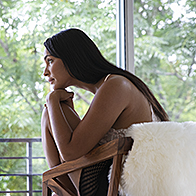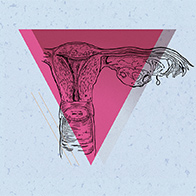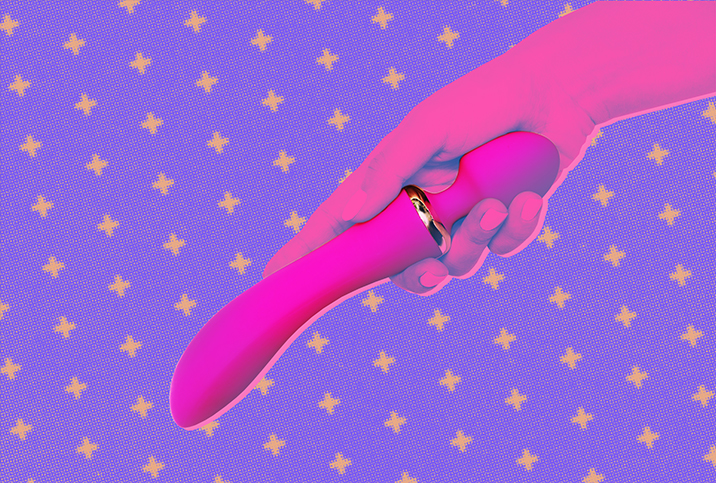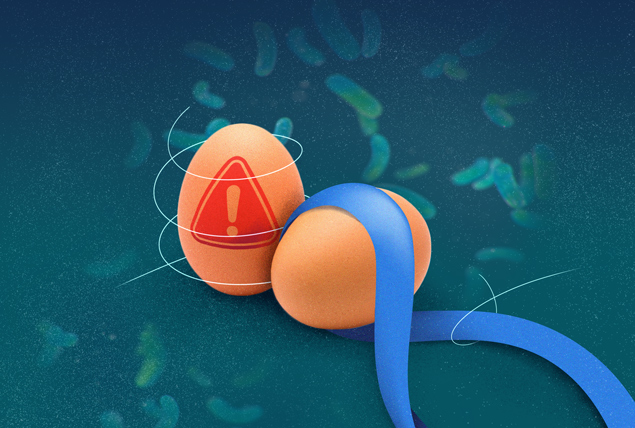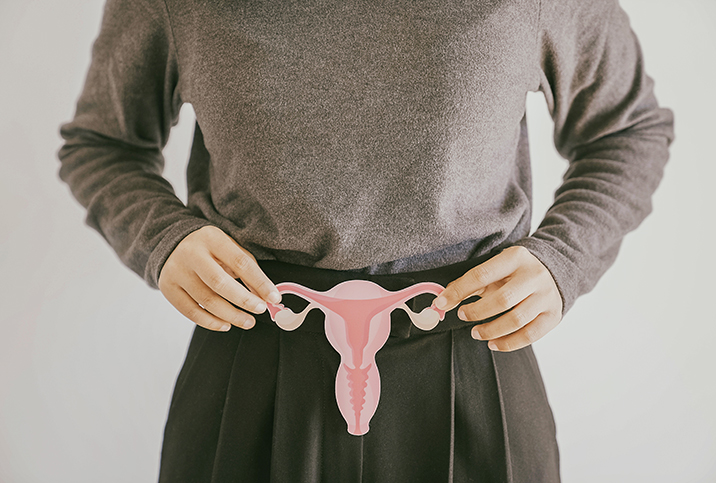Student Is Diagnosed With Cancer After Years of 'Medical Gaslighting'
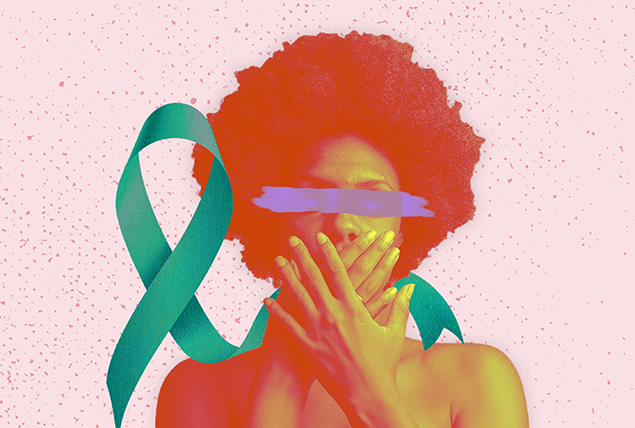
A college student is raising awareness for rare ovarian cancer after her pain was dismissed by doctors for years.
Jessica Sanders, 21, of San Carlos, California, recently told People magazine she began experiencing abnormal lower abdominal pain at the age of 15.
But it wasn't until she was away at San Diego State University that a doctor discovered the cause of her pain stemmed from a rare form of ovarian cancer known to afflict younger people.
About 19,710 women are expected to be diagnosed with ovarian cancer in 2023, according to American Cancer Society estimates, and 13,270 women are expected to die from the illness.
"At first, they would tell me it's just period cramps, it's hormones, you're pregnant," Sanders said in the interview. "Another time it's a UTI, it's a bladder infection. A doctor also said that my pants are too tight and not to wear thongs because they were causing irritation and pain. One of the doctors really rubbed me the wrong way when he said I probably wasn't wiping myself the right way. So that was really frustrating and that was kind of all the care that I got until I was 20."
After multiple doctors brushed off symptoms, Sanders said she began to feel like she was crazy.
"My parents have always been super-supportive but they didn't know what was wrong with me, either," she added. "The doctors were saying nothing's wrong with her, she's fine, so I stopped complaining about my pain because I was dismissed."
"Medical gaslighting," such as what Sanders experienced, occurs when a doctor dismisses a patient's real symptoms. It can lead to misdiagnosis or, at worst, death due to delayed treatment. Ovarian cancer can be particularly tricky to diagnose because the common symptoms associated with the deadly disease often do not present themselves until it's too late.
After years of living with the pain, during Thanksgiving 2021, the discomfort became so severe that Sanders went to an emergency room where doctors found a 12-centimeter "large mass" wrapped around one of her ovaries. The mass was so pronounced, doctors had to surgically remove her right ovary, according to her 2022 Instagram post.
On Dec. 8, 2021, the college student learned the large mass tested positive for small cell ovarian cancer of the hypercalcemic type, a very rare, aggressive cancer that accounts for 0.01 percent of all ovarian cancer cases.
"I just thought, 'This would happen to me after all this time. I'm gonna die.' I just broke down," Sanders told People. "Even with my family's support, I felt so lonely because I now have this disease in me and I can't control it. It was really frustrating and shocking, especially being a super-healthy person."
At the behest of her oncologist, Sanders began the first of her six chemotherapy treatments.
"I was stuck there," she continued. "I felt very alone because I'm just a student. All my friends are partying in college and I'm sitting in a chair, surrounded by a bunch of people a lot older than me with cancer."
The student was deemed cancer-free in April 2022 after undergoing a stem cell transplant.
Her successful battle with one of the rarest cancers went viral on the social media platform TikTok after she shared her experience.
'I feel trapped in a 50-year-old body almost because of all the things that I went through.'
With her cancer battle officially in the past, Sanders told People she is very much in recovery mode. The student continues to cope with the side effects of her cancer: brain fog, nausea, fatigue and neuropathy.
"I feel trapped in a 50-year-old body almost because of all the things that I went through," she said.
Inspired by her own fight, Sanders founded Fight for Female Health to raise awareness and money for the Small Cell Ovarian Cancer Foundation. Representatives from Fight for Female Health did not immediately respond to a request for comment.
"People need to really speak up for themselves and not be afraid to tell doctors when they're wrong and tell them to keep pushing for answers," Sanders said in the People interview. "This isn't just happening to me, it's happening to women all over the world.
"As females, we are very much overlooked because of our reproductive organs," Sanders continued. "A lot of my friends don't even want to go to the OB-GYN because they're scared and they don't know what questions to ask."
The college student said she would continue to raise awareness for the rare cancer on social media.
"If I can help one person, I'll post every day," she said.






